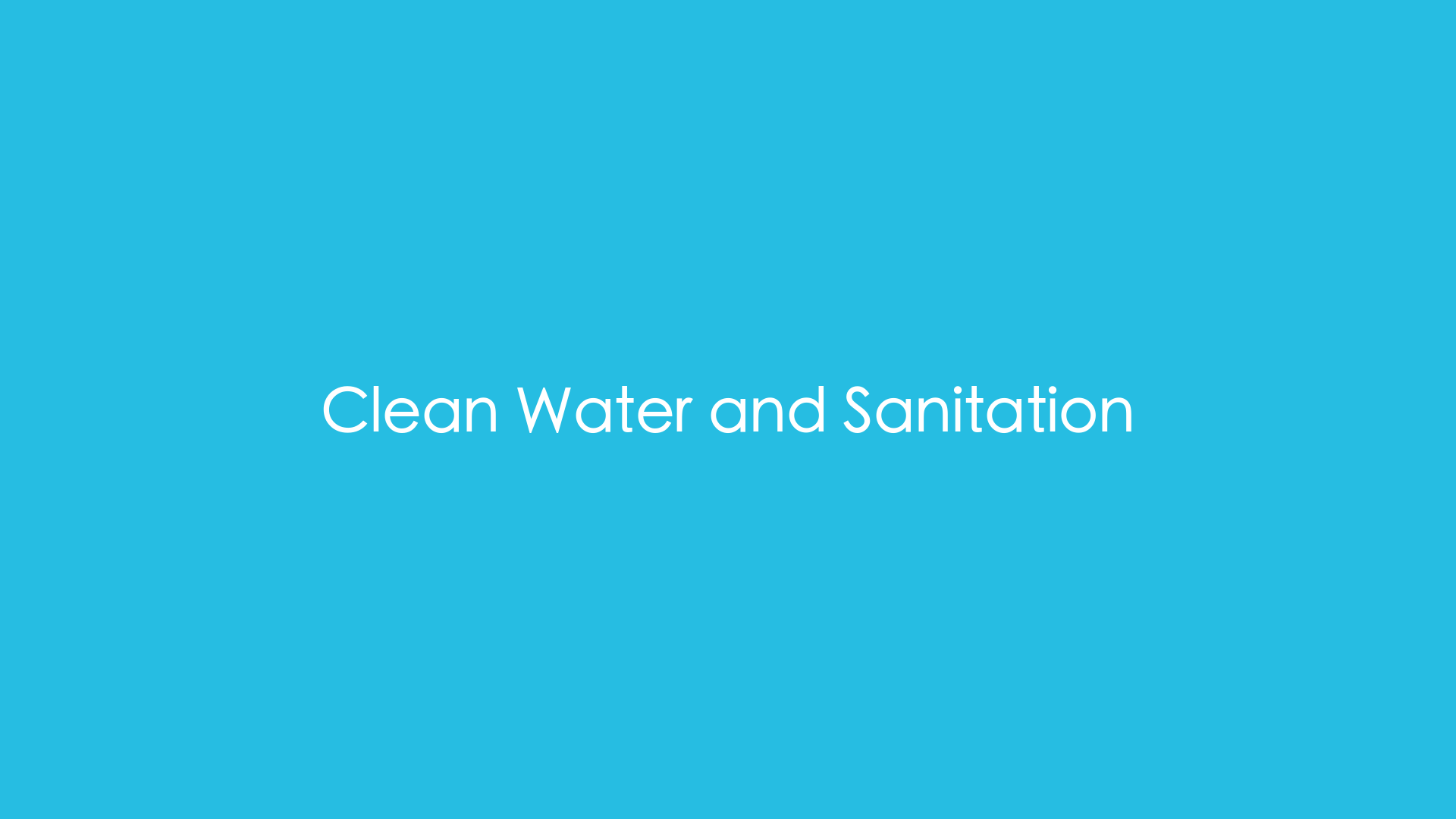Why it is a problem
Access to clean water and sanitation is a fundamental human right, yet millions of people worldwide still lack these basic necessities. Here’s why this remains a significant issue:
- Lack of Access: As of 2021, 2.2 billion people lack access to safely managed drinking water, and 4.2 billion lack safely managed sanitation services.
- Health Implications: Unsafe water and inadequate sanitation are linked to transmission of diseases such as cholera, diarrhea, dysentery, hepatitis A, and typhoid.
- Impact on Education and Work: Lack of proper sanitation facilities can negatively affect education and work opportunities, particularly for women and girls who may miss school or work during menstruation.
- Environmental Impact: Unsustainable extraction of water and poor waste disposal can lead to environmental degradation, affecting ecosystems and contributing to climate change.
What can individuals do
Individuals can play a significant role in promoting clean water and sanitation:
- Support Water and Sanitation Initiatives: Donate to or volunteer with organizations that work to provide clean water and sanitation facilities to communities in need.
- Conserve Water: Use water efficiently at home. Small changes like fixing leaks, installing efficient fixtures, and using less water while washing and cleaning can make a big difference.
- Advocacy: Advocate for policies and practices that protect water sources, promote sustainable water use, and ensure access to clean water and sanitation for all.
- Educate Yourself and Others: Learn about water-related issues and share your knowledge with your community.
The benefits of solving it
Ensuring universal access to clean water and sanitation has multiple benefits:
- Improved Health: Clean water and sanitation are crucial for preventing disease, improving health, and saving lives.
- Enhanced Quality of Life: Access to these basic services promotes dignity and boosts socio-economic development by freeing up time otherwise spent gathering water.
- Educational and Economic Opportunities: When women and girls have access to safe water and sanitation, they have more time to pursue education and work opportunities.
- Environmental Protection: Sustainable water management helps preserve ecosystems, mitigate climate change, and ensure that sufficient clean water is available for future generations.
